What type of philosophy do you have about riding and training your horse?
We make many choices . . . like if we should ride English or Western or if we choose to jump or not to jump. We also choose our training philosophy which could be adopted by our coaches and mentors.
In this interview with world renowned equestrian coach Jen Hamilton, she talks about her coaching philosophy…
Glenys
Hello, today we’re going to talk to Jen. Jen Hamilton is one of the highest qualified coaches in the world, equestrian coaches, and Level IV Coaching Canada. Jen, just briefly, could you tell me a little bit about your coaching philosophy?
Jen
Very simply I believe that we as coaches, it is our responsibility to make the riders and horses into the best athletes they can be. We have to isolate the skills that are required and then we have to teach exercises to enable the horse and rider to cope with the challenges that will be set before them. And teaching riders to be able to feel and read the horse so that there’s no drama out there. The horses tell us a lot of things as well as what’s going around and I don’t think riders listen to the horses enough… That’s my simple thing.
Glenys
When someone first starts teaching, what are some of the common mistakes, what do you think they should be focusing on more?
Jen
The most common mistake that new coaches do is they teach the last thing they learned… They have forgotten the process, the stages they had to go through to get to the point they’re at now. And you see this all the time. And so young coaches haven’t taught the background to the person for what they were going to be asking. And that’s when there’s actually quite often disasters. It’s, so as you start as a coach you have to think about the stages, the process, that carries you through right to the end.
Glenys
What about then, as someone more experienced in teaching more experienced riders, specializing in coaching… what about riders who are already talented as riders. Would they make the best coaches, or who makes the best coaches?
Jen
This is a bone of contention around the world, actually. If you actually look at the top coaches in any sport, quite often they were not particularly good athletes. They weren’t top athletes themselves. Top athletes do things instinctively. They don’t really know what they’re doing. And riding is a nonverbal activity, where coaching is a verbal thing. One of the biggest problems in people becoming coaches is learning to express themselves. And, again, following a progression, we can’t just go, “Oh, you know what I mean.” Well actually they don’t know what you mean… So, if someone was going to become a coach, wants to become a coach, first thing is they have to work on their verbal skills. If they’re a young coach, then great rider. You know, riders, go and watch coaching. Go to the best and watch how they’re coaching. Using present coaches, and good ones, as mentors. That means when they had George Morris here not that long ago, George went right back to basics and did the whole progression from the moment the person mounted the horse. How their stirrup should be and everything. He didn’t leave one hole there. And that’s what we have to do as coaches. We’re always looking at things. Like, today, just the fact that someone had their stirrup on wrong. And this type of thing.
Glenys
Would you be able to give us one or two tips to make a good coach into a great coach?
Jen
It’s very difficult to coach if you haven’t done it yourself. That doesn’t mean you have to be at the top level, but you… it’s very hard to teach someone to jump if you’ve never jumped. It’s very difficult to understand about horses lugging or pulling if you’ve never really been there. So, you need to really start out with the basis. Knowing about the sport and then learn how to articulate directions. It’s, if you watch a lot of coaches, they don’t really talk about things. They know really educate the rider themselves, they… what they’ll do is just get on and show you. Well that is one way to learn something but it isn’t the only way to teach. I’m at a disadvantage because I can’t get on anymore. Because I have injuries and things. So I’ve had to learn how to talk better. And I also get someone… I can get someone to get on the horse.
Glenys
What about for someone who would like to have a career with horses, you know, they’re passionate, they’re good with horses and at riding horses, what would you recommend?
Jen
Well, first of all they have to decide if they want to do this because they just have a passion for the horse, or do they actually have a passion for coaching? Two different things. And I think too often people go into the “horse business” because they love the horse. Well if that’s the case I think the person should get a real job so they can buy a horse and enjoy the horse. If you actually want to go into the business, and it’s a tough business… so I think if you want to be a coach, go and do an apprenticeship or something.
Glenys
So get some training. If they want to be a coach they first have to go get some training from a more experienced coach, in a program that’s going to take you step by step through.
Jen
Exactly, and this is what the coaching program is about. I truly believe in certification, or accreditation as you call it here. I don’t think it necessarily makes you a good coach but I think it validates the whole thing. Unfortunately, there are people out there that are not accredited who really should be, but for different reasons they won’t do it. Still go to them. But also go to the accredited coaches. Go to any programs where they’re like you’re having here. Any time that you can go for any professional development. I think people should also go and watch the Western riders. We don’t watch them enough. They’re pretty good you know. Those guys can really go and whoa.
Glenys
All right, so really broadening the horse knowledge, looking at it with an open mind?
Jen
Oh for sure, yes. There are many ways to solve a problem. And the more ways you can, still staying within a range of acceptability, the better the coach you are.
Glenys
Jen, thank you very much.
Well thank you.
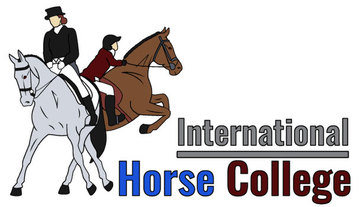
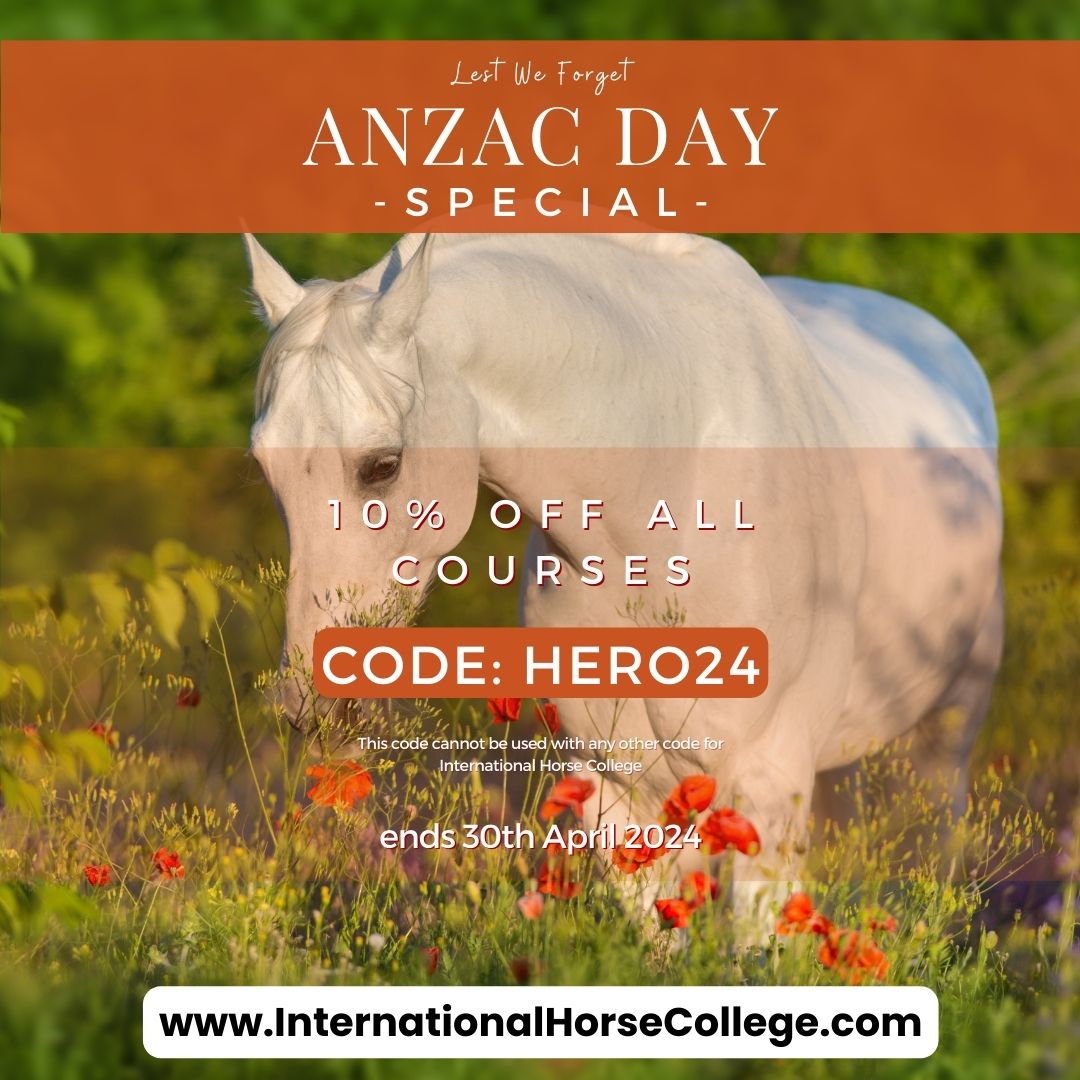
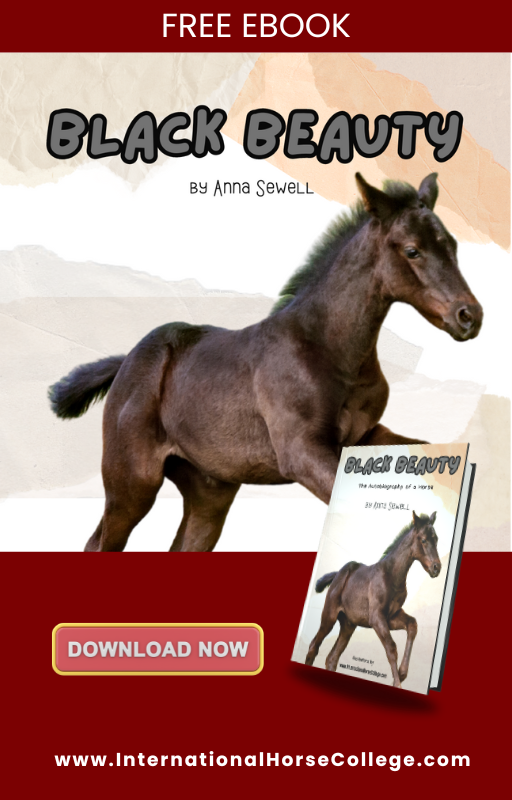
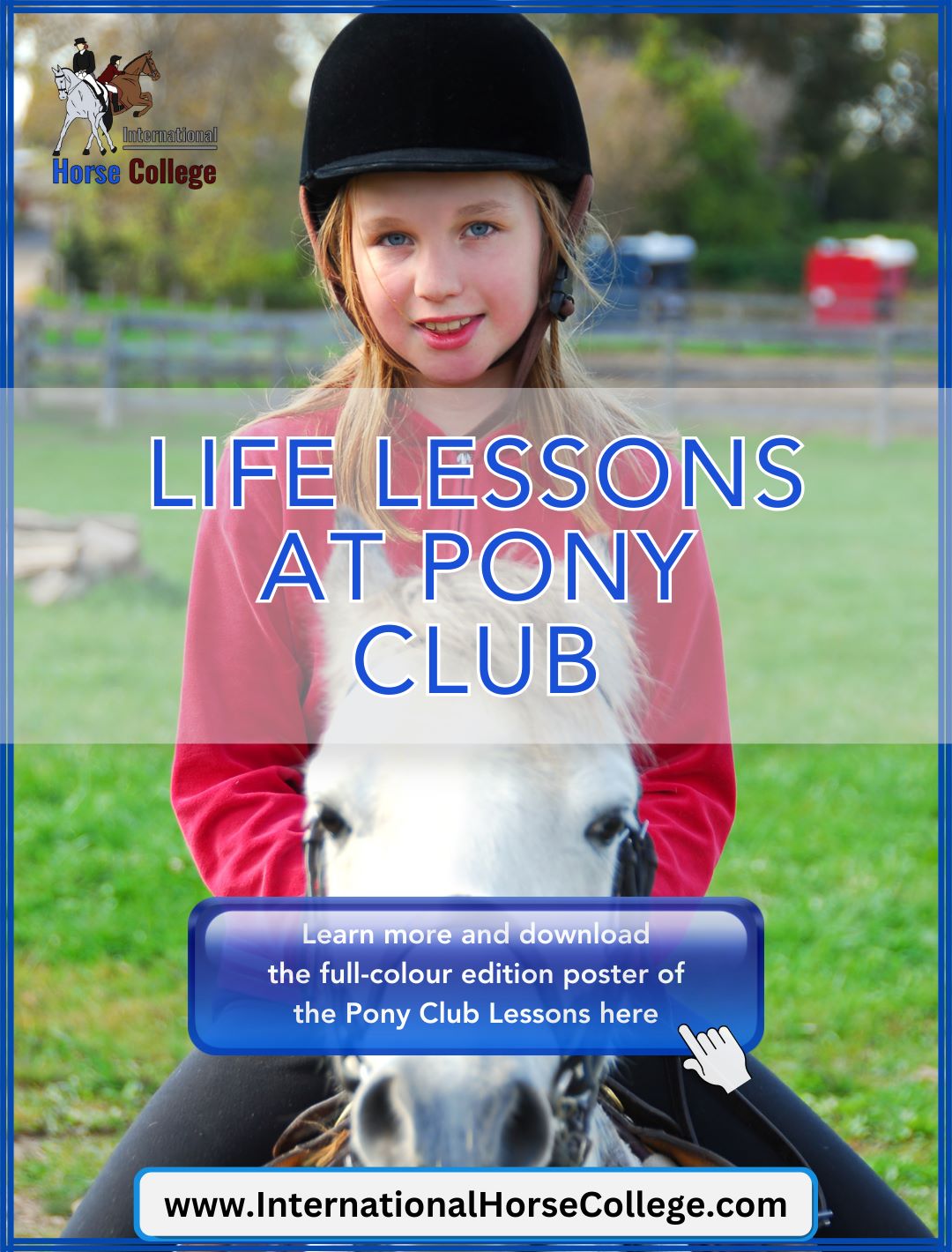
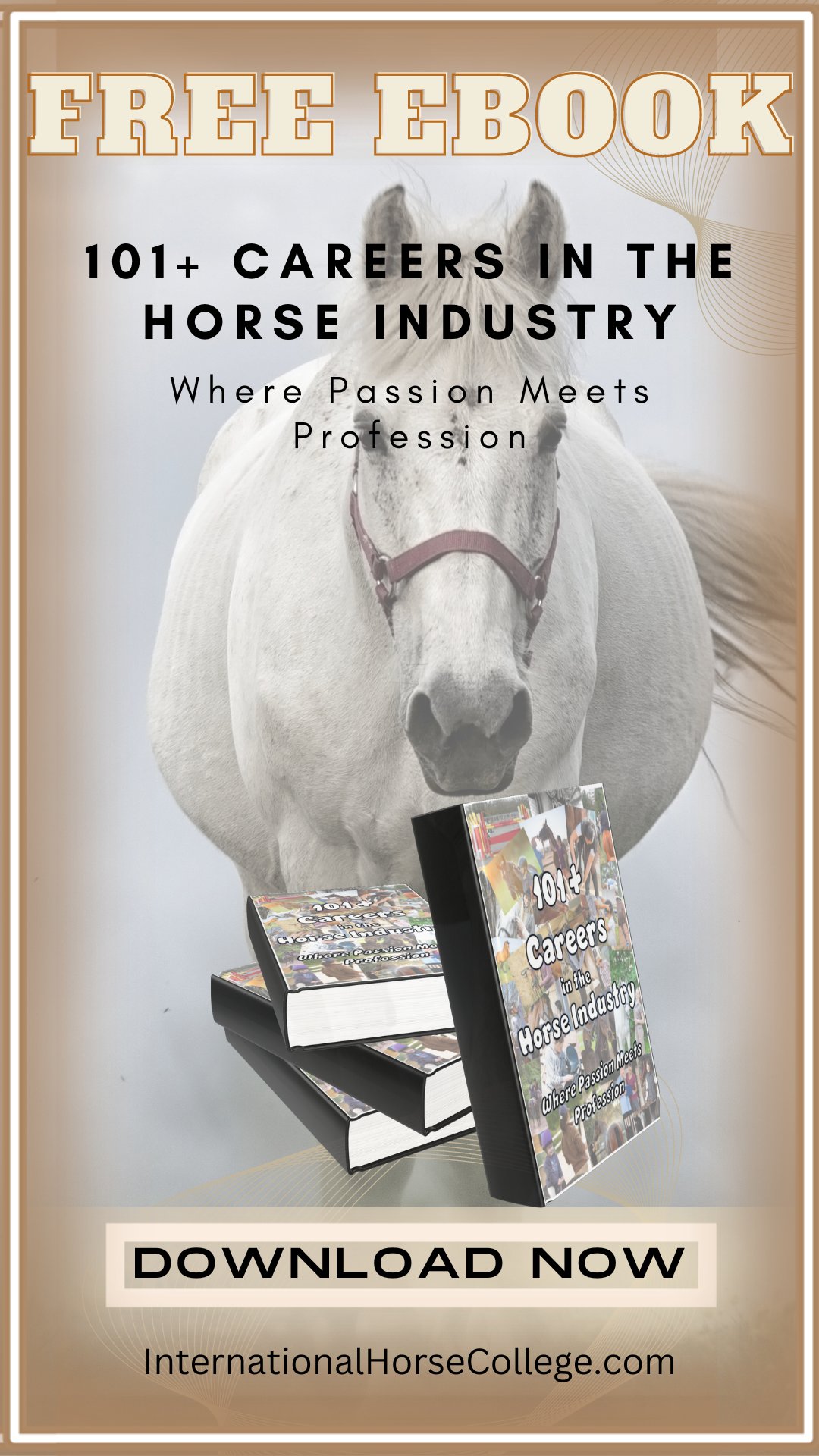
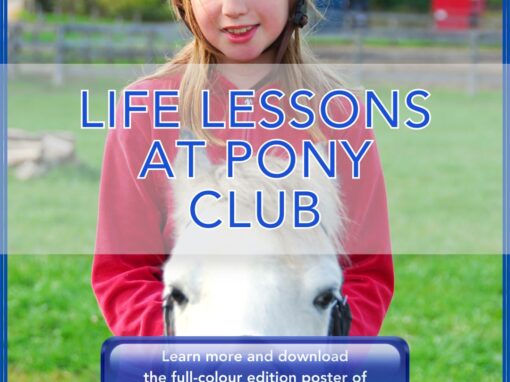
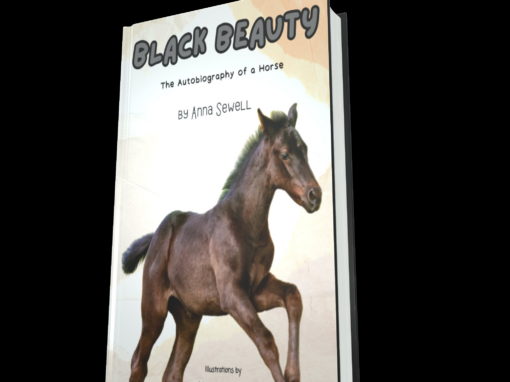
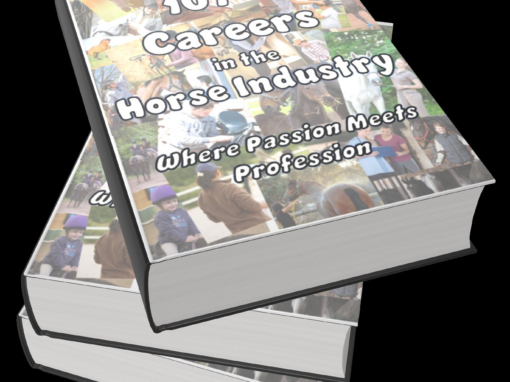
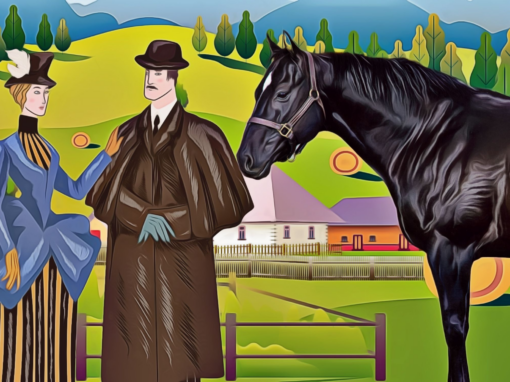
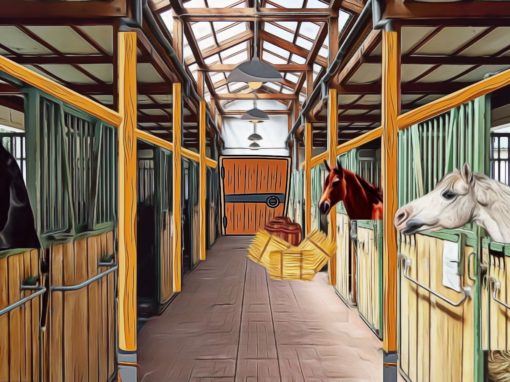
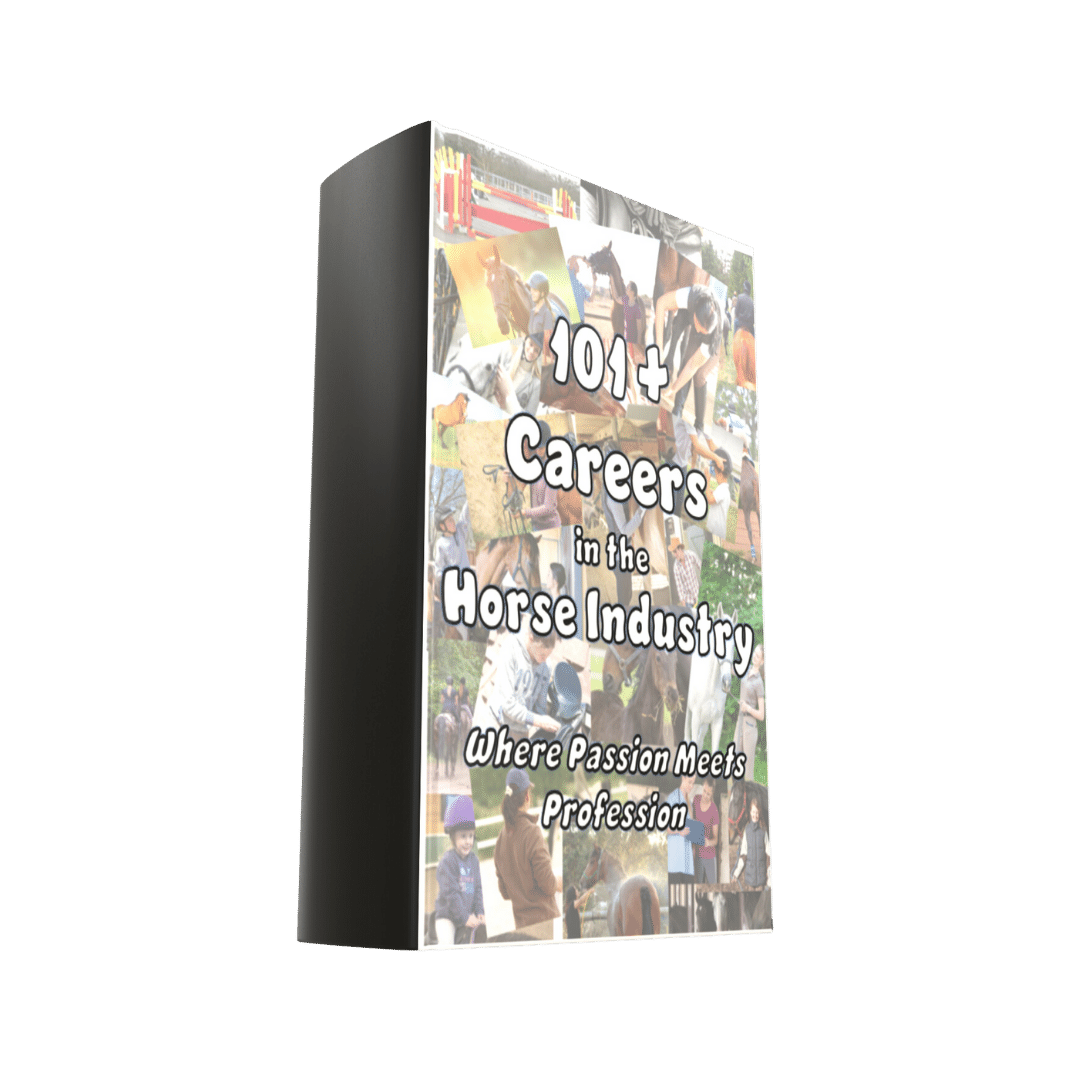
Reading that interview I believe Jen is one of the most understandable horse riding coaches. I really like how she believes in rider and the hore if they use their ability and skills in the correct way. Nobody should being pushed into a field of riding like english, western, dressage, jumping and so on. The abilities and skills of each rider and each horse shold being used to bring out the best perfomance of each of them.
Also, I absolutely agree by repeating the learned tasks will deepen these tasks to horse and rider.